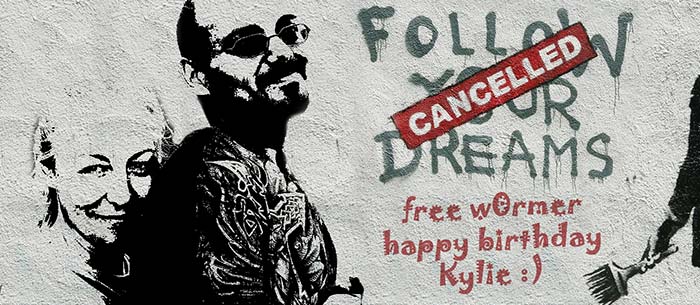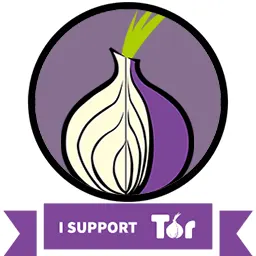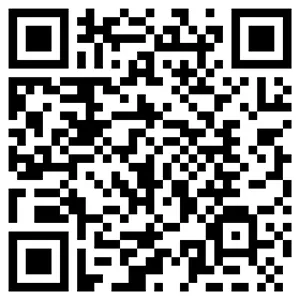
Home Anonymous Operations Anonymous Radio FrontLine Club - Gabriella Coleman
Frontline Club London Gabriella Colemen.
3 November 2014 > Español 00:00
Hacker, Hoaxer, Whistleblower, Spy: The Many Faces of Anonymous.
“Insight” with Gabriella Coleman in conversation with Ben Hammersley.
Anonymous, a group of hackers, activists and technologists, came to the fore in 2008 when they attacked the church of Scientology. Since then their coordinated collective action has come up against global corporations and supported the Arab revolutionaries, but how much do we know about who they are and what motivates them?
Six years ago Gabriella Coleman (aka Biella), an anthropologist, set out to study the rise of this global phenomenon just as some of its members were turning to political protest and dangerous disruption.
Gabriella Coleman is in conversation with Ben Hammersley, presenter of the new BBC World News series Cybercrime, to share her story of becoming an Anonymous confidante, interpreter, and erstwhile mouthpiece. She will be talking about the motivations of the group, the meaning of digital activism and the many facets of culture in the Internet age.
Gabriella Coleman holds the Wolfe Chair in Scientific and Technological Literacy at McGill University. Trained as a cultural anthropologist, she researches, writes about, and teaches on computer hackers and digital activism. She is the author of Coding Freedom: “The Ethics and Aesthetics of Hacking” and most recently “Hacker, Hoaxer, Whistleblower, Spy: The Many Faces of Anonymous”.
Hacker, Hoaxer, Whistleblower, Spy: The Many Faces of Anonymous.
“Easily the best book on Anonymous.” - Julian Assange.
Here is the ultimate book on the worldwide movement of hackers, pranksters, and activists that operates under the non-name Anonymous, by the writer the Huffington Post says “knows all of Anonymous’ deepest, darkest secrets.”
Half a dozen years ago, anthropologist Gabriella Coleman set out to study the rise of this global phenomenon just as some of its members were turning to political protest and dangerous disruption (before Anonymous shot to fame as a key player in the battles over WikiLeaks, the Arab Spring, and Occupy Wall Street). She ended up becoming so closely connected to Anonymous that the tricky story of her inside-outside status as Anon confidante, interpreter, and erstwhile mouthpiece forms one of the themes of this witty and entirely engrossing book.
The narrative brims with details unearthed from within a notoriously mysterious subculture, whose semi-legendary tricksters – such as Topiary, tflow, Anarchaos, and Sabu – emerge as complex, diverse, politically and culturally sophisticated people. Propelled by years of chats and encounters with a multitude of hackers, including imprisoned activist Jeremy Hammond and the double agent who helped put him away, Hector Monsegur, Hacker, Hoaxer, Whistleblower, Spy is filled with insights into the meaning of digital activism and little understood facets of culture in the Internet age, including the history of “trolling,” the ethics and metaphysics of hacking, and the origins and manifold meanings of “the lulz.”












